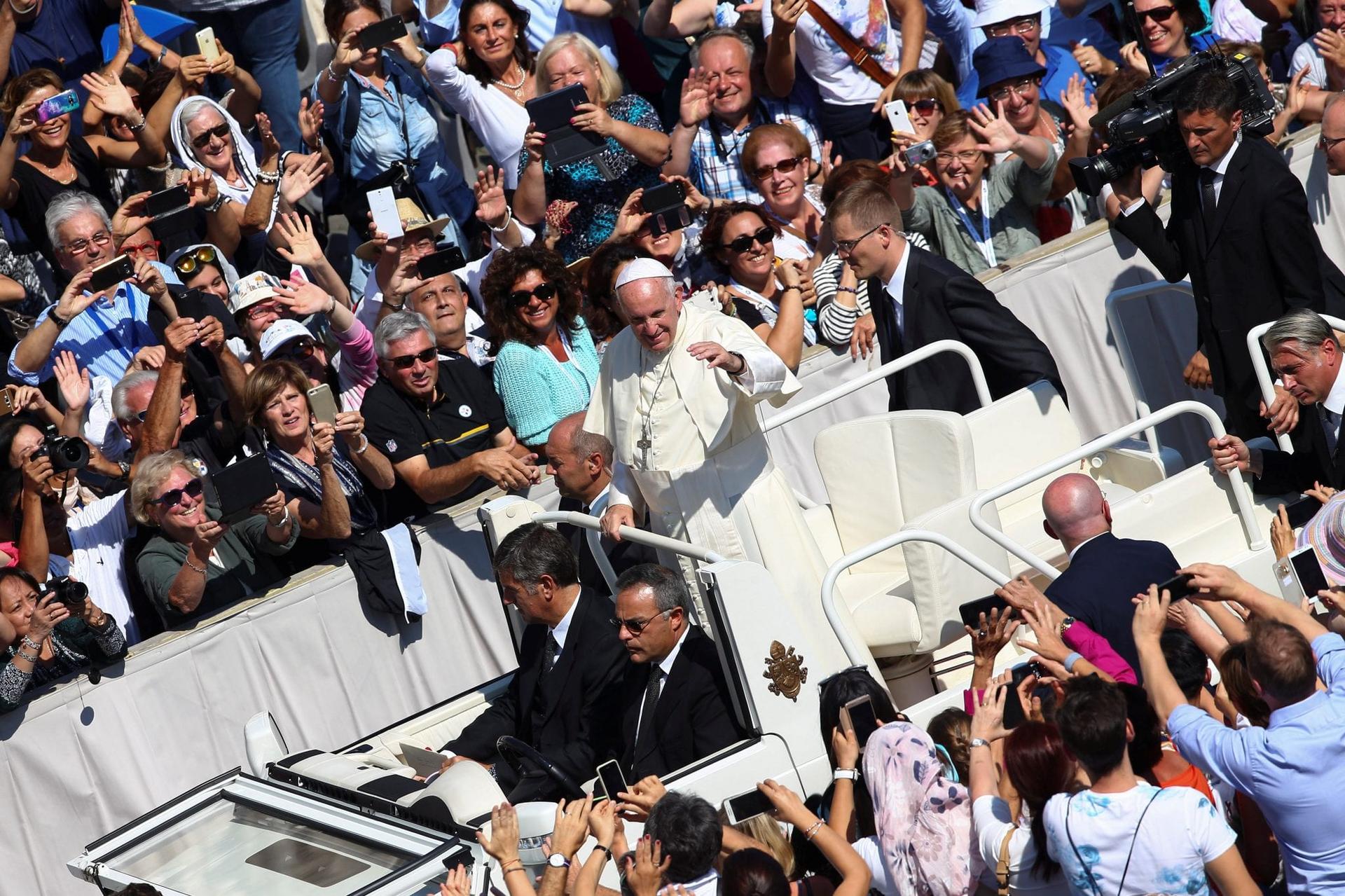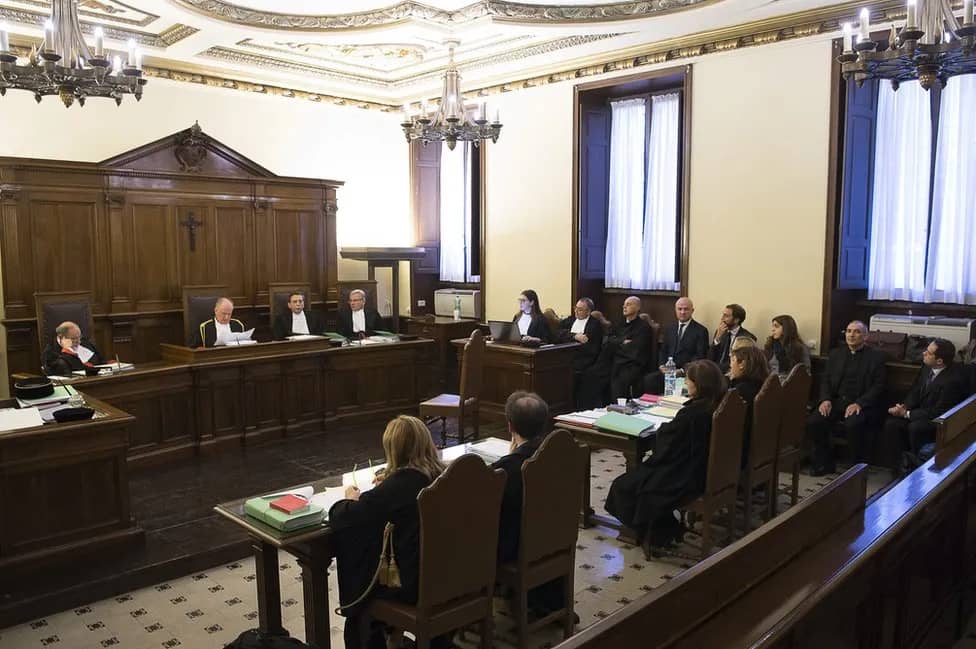ROME – Pope Francis on Wednesday delivered a shot in the arm to a constituency in the Church that might be under-appreciated by many Catholics in the United States, but which in other parts of the world often amounts to the backbone of the local Church: Lay catechists, in some cases paid, quite often volunteers.
“St. Francis of Assisi, when one of his followers insisted he taught them to preach, answered in the following way: ‘Brother, [when we visit the sick, we help the children and feed the poor], we are already preaching.’ This beautiful lesson encompasses the vocation and task of the catechist,” Francis wrote in a message signed July 5 but released on Wednesday.
The pope also called catechists to be “creative” in what they do, “searching for different means and ways to announce Christ.”
For many American Catholics, a “catechist” often is somebody who volunteers once a week to teach a CCD class. As valuable as that is, they’re not the heart and soul of the local church, as is the case in many parts of the global south, where laity plays a key role because of the much more acute priest shortage.
To illustrate the difference, in the United States there’s one priest for every 1,300 faithful. Globally, the ratio is one for every 3,000, but in Pope Francis’s backyard of Latin America, the situation is far more serious, with a ratio closer to one priest for every 7,000 Catholics, and in some places it’s much worse than that.
As a consequence, reliance on laity, including catechists, to be on the frontlines of the Church’s ministries is proportionally far more pronounced. This perhaps helps to explain why Francis made the point to deliver a special message to this group, even during what is supposed to be a slow summer time.
The pope’s words came in a letter to the International Catechetical Symposium, being held in Argentina’s Pontifical University in Buenos Aires. In it, Francis also said that catechesis is “not a ‘job,’ one ‘is’ a catechist and one’s whole life turns around this mission.”
The July 11-14 symposium, under the motto “Interpellations for our catechesis in the light of Pope Francis,” is addressed to catechists, theologians and pastoral agents.
Among the speakers is Archbishop Luis Francisco Ladaria Ferrer, the new head of the Vatican’s Congregation for the Doctrine of the Faith. He also heads Francis’s commission to study the historic role of female deacons.
Also speaking will be Cardinal Mario Poli, chosen by Francis to be his successor as archbishop of Buenos Aires; Archbishop Victor Manuel Fernandez, who the pope appointed as rector of Argentina’s pontifical university; and Father Carlos María Galli, considered one of the minds behind the “Theology of the People,” the country’s response to Liberation Theology.
Being catechists, says the message sent by the pope, is a “vocation to the service of the Church, [the faith that] has been received as a gift from the Lord, must in time be transmitted.”
Francis also underlined the importance of returning to that gift, which was the “first announcement or ‘kerygma’ that changed the Catechist’s life.”
This announcement, the pope wrote, has to accompany the faith that is already present in the “religiosity of our people.”
“We need to take ownership of all the potential of piety and love that popular religiosity holds, not only so that the contents of the faith are transmitted, but so that a real school of formation is created, in which the gift of faith that was received is cultivated, so that the acts and words reflect the grace of being disciples of Jesus,” he wrote.
A catechist, Francis continues, “walks from and with Christ,” and he cannot be a person who starts from their own ideas and tastes, but from Jesus.
He also called for a catechesis that is rooted in the Gospels and the sacraments, and that is not something “occasional” but constant.
Calling on them to be creative, he also urged catechists to learn to “change, adapt,” to make the message more approachable, even when it “remains the same, because God doesn’t change but renews all things in Him.”
Every year, the Vatican releases the statistics for the global Church. According to the numbers released this year, as of Dec. 31, 2015, there were 3.1 million catechists, plus an estimated 351,797 lay missionaries. Though technically different categories, the two are often combined under the “lay ministry” label.
It’s virtually impossible to know what is being described with these labels, since the definition of each category sometimes overlaps.
Nevertheless, it’s worth noting that the trend is clearly upward. There were only some 173,000 catechists globally in 1978, signaling that the number of lay people occupying ministerial positions in the church has surpassed the number of ordained clergy (415,656 priests) by a considerable order of magnitude, and the gap is widening.














